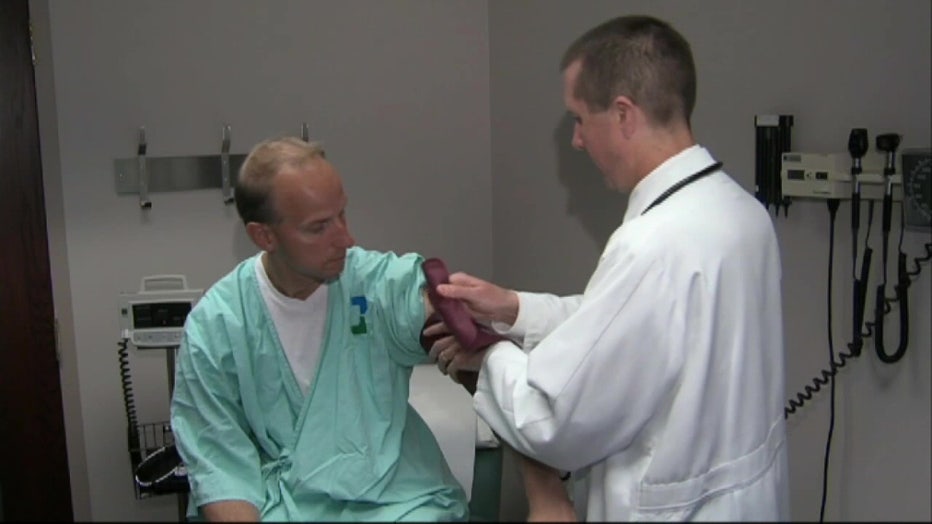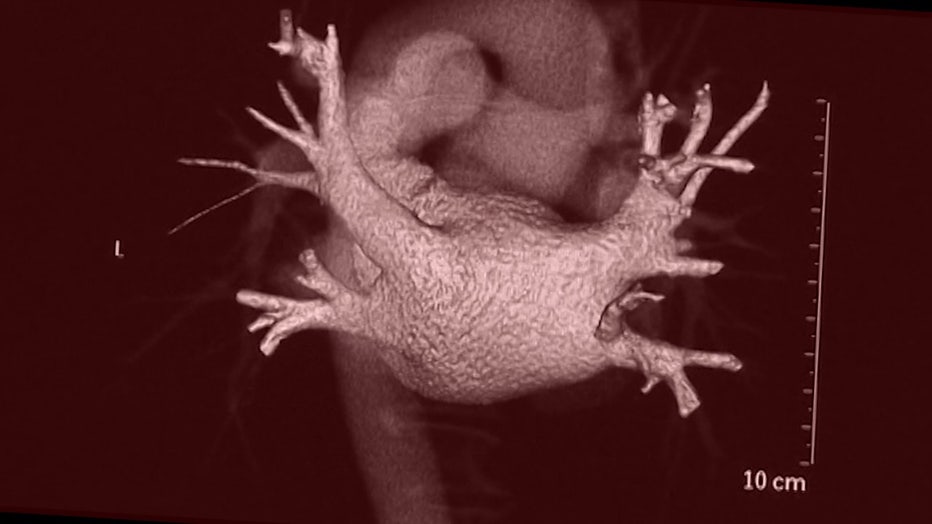Am I having a heart attack? Doctor warns signs, symptoms may be subtle
TAMPA, Fla. - Knowing the warning signs of a heart attack and being able to get help early is crucial to surviving the cardiovascular event.
Every minute someone in America suffers from a heart attack and it is becoming more common in younger people, according to Dr. Charles Lambert, medical director at AdventHealth Cardiovascular Institute. He says half of the people who have a large heart attack don’t make it to the hospital because they die en route or at home.
"A lot of people don’t even know they’ve had a heart attack," explained Dr. Lambert. "One year your EKG is normal and then doctors can pick up EKG evidence of a silent heart attack the next year."
According to Lambert, heart attacks in men can be more obvious, but not always.
"There's an elephant sitting on your chest and you’re short of breath. You’re sweating. You may pass out. That’s classic," he stated.

Unfortunately, he says men are also more likely to brush symptoms off, whether they're apparent or not.
"Denial is not just a river in Egypt, it’s a big part of men not coming to the hospital when they have a symptom," explained Lambert.
READ FDA approves 2nd COVID-19 vaccine booster for those 50 and older
Lambert says women are more likely to seek help, which is good since they generally experience less overt symptoms.
"They may feel a little bit of indigestion, a little bit of dizziness, feel little faint, a little bit of tooth pain, a little bit of arm numbness. A lot of the stuff comes and goes and it’s much more frequent in women than men," Lambert shared.

Sometimes a heart attack can have no symptoms at all and that’s why Lambert says it's even more important to be screened, especially if you're overweight or have a family history of diabetes or heart disease.
"You may need an exercise test, for sure you need a cholesterol profile, and you may need more depending on your particular story," he stated.
Lambert says the most important thing you can do to stave off heart complications is exercise.
"I’m not talking about running marathons," he shared. "I’m talking about getting off the couch three to five times a week and exercising to current guidelines, which are not that strenuous."

